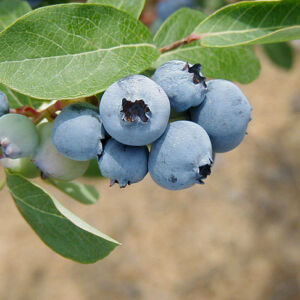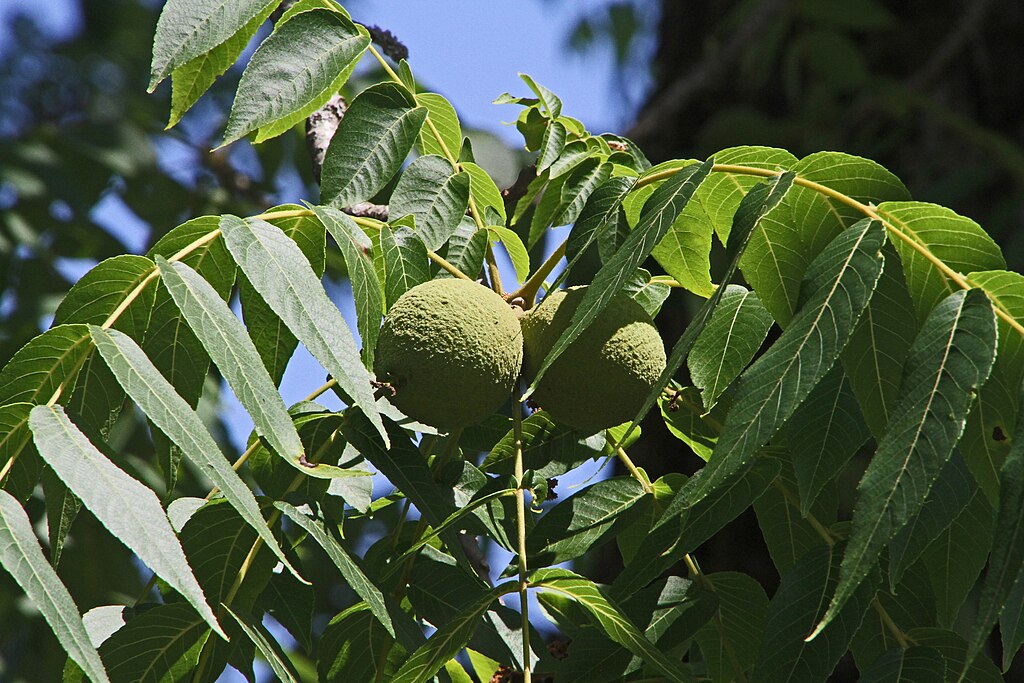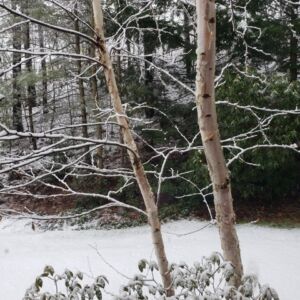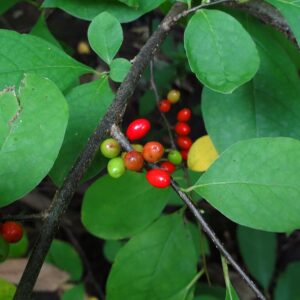 Out of stock
Out of stock Black Walnut (Juglans nigra)
4 for $15
Also known as Eastern Black Walnut, American Black Walnut
A beautiful shade tree and food source for humans and wildlife. Black walnuts grow 50-75 ft. The nuts are edible but are not the grocery store variety of walnut, which comes from the English walnut. The tree will provide edible nuts at ages 12 -15 years. The wood is highly valued for lumber and furniture making. Over-harvesting has depleted native populations.
But care must be taken when choosing a location for this plant. The tree releases juglone, a toxic substance found in the leaves, bark, nut husks, and roots. This is an example of allelopathy, Allelopathy is the chemical inhibition of one plant (or other organism) by another, due to the release into the environment of biochemicals acting as germination or growth inhibitors.
Many garden vegetables, fruits and conifers are susceptible to juglone. These include serviceberries, chestnuts, pines, arborvitae, apples, cherries, tomatoes, potatoes, peas, peppers, cabbages, alfalfa, blueberries, blackberries, azaleas, rhododendron, lilacs, hydrangeas, privets and plants in the heath family–if planted too close.
Grows in Sun, Part Shade, Moist, rich soils. Native range is eastern US, Massachusetts south but not northern New England. Hosts over 20 types of caterpillars and many insects. Nuts are eaten by squirrels and chipmunks.
6-12″ bare root seedlings.
Photo Credit: Gerd Eichmann, CC BY 4.0 via Wikimedia Commons
In stock



